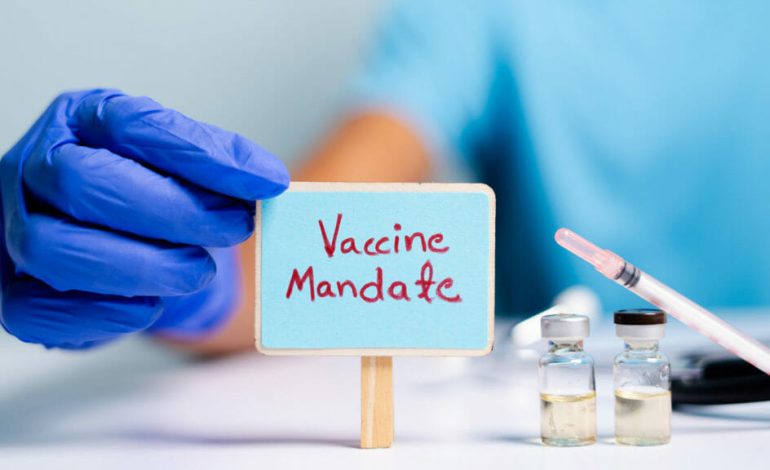A recent study conducted by the Centers for Disease Control and Prevention (CDC) has revealed that fewer than 1 in 6 healthcare workers in hospitals and nursing homes received COVID-19 booster shots during the 2023-2024 respiratory virus season.
This drop in vaccination rates follows the expiration of a Biden administration mandate requiring vaccinations for health workers in June 2023 and the cessation of free access to government-funded COVID-19 vaccines.
The findings highlight a broader trend of vaccine skepticism among healthcare workers, who expressed low confidence in the effectiveness, safety, and overall benefits of COVID-19 vaccines, despite many acknowledging the virus as a significant health threat. Specifically, the CDC reported that only 15.3% of workers at 4,112 acute care hospitals received the booster, with the rate being particularly low among licensed independent practitioners. In nursing homes, the booster vaccination rate was even lower, at 10.5% among workers across more than 14,000 facilities.
In contrast, flu vaccination rates for the same period were significantly higher, at 80.7% for acute care hospital workers and 45.4% for nursing home employees. Public health officials stress the importance of maintaining up-to-date vaccinations to protect both healthcare workers and patients, especially as immunity from prior vaccinations or infections diminishes over time.
Geographic and demographic factors also play a role in vaccination rates. The CDC noted that healthcare personnel who felt well-informed about the COVID-19 vaccine were ten times more likely to get vaccinated and four times more likely to recommend the vaccine to their patients. Additionally, vaccine coverage tends to be higher in urban areas compared to rural regions, with lower rates reported in the South.
The study pointed out that the low booster uptake among independent practitioners poses unique challenges, particularly in documenting vaccinations that occur outside of traditional healthcare settings. While the CDC recommends flu vaccinations for health workers, there are currently no specific recommendations for COVID-19 shots beyond individual workplace policies or incentives like on-site vaccination clinics.
In Florida, ongoing recruitment challenges within assisted living communities and nursing homes have led to only 11% of these facilities mandating flu vaccinations for staff. This data comes from a needs assessment survey conducted by researchers at the University of Florida, which highlighted the need for improved vaccination policies and educational campaigns.
Industry stakeholders argue that diverse workforces and staffing difficulties contribute to low vaccination rates rather than a lack of education about vaccines. Critics of the low mandates suggest that aggressive policies could deter potential employees from pursuing careers in long-term care.
Despite these challenges, Florida’s senior living communities report that they actively encourage flu vaccinations, with over 80% of respondents to a recent survey stating that they promote flu vaccination among staff. Leaders from organizations such as LeadingAge Southeast emphasize the importance of informed consent and supporting residents and staff in making vaccination decisions based on reliable information and their individual health needs.
Axios and McKnights Senior Living contributed to this report.









